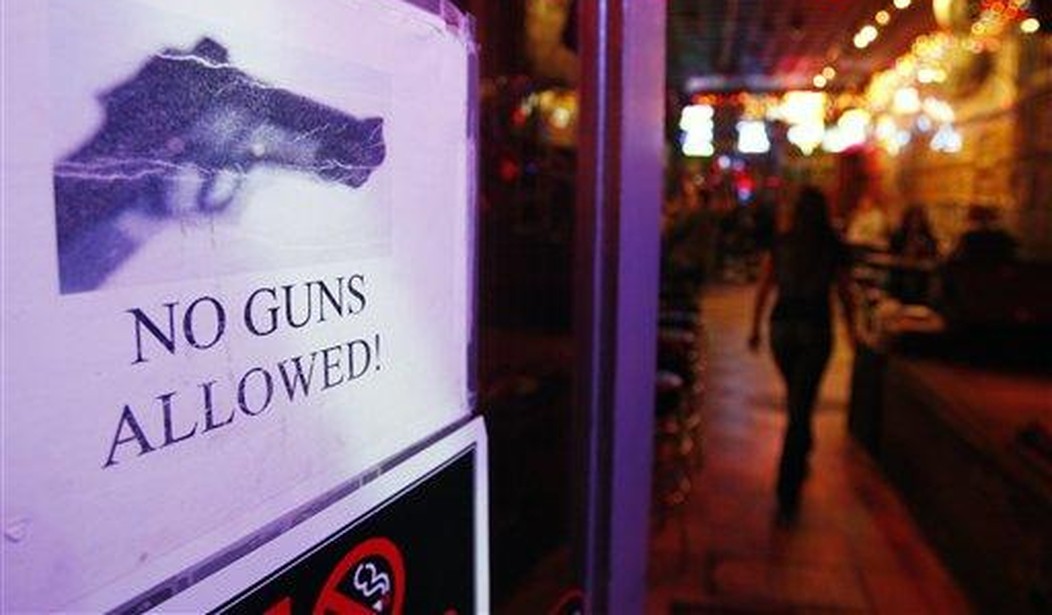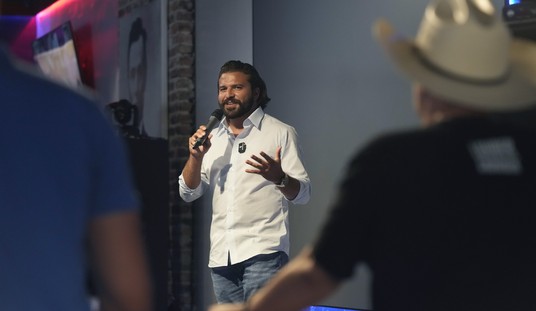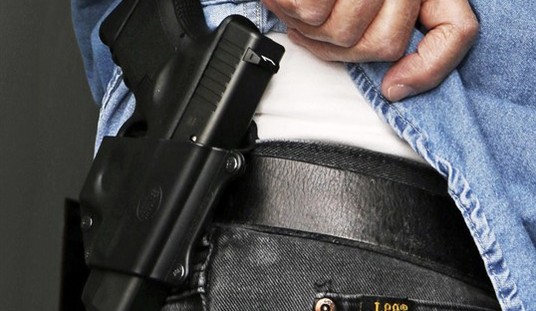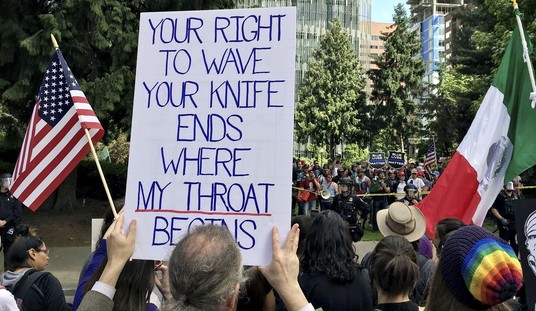I’ll confess that when I ran across a headline about a Missouri bill that would allow for concealed carry in churches and houses of worship, I was a little confused. It struck me as odd that a Constitutional Carry state would prohibit concealed carry in religious establishments, as anti-gun states like New York and New Jersey are trying to do with their post-Bruen expansion of “sensitive places”.
As it turns out, Missouri’s law isn’t the same as the near-total prohibition imposed by those blue states. Under current law, those in charge of churches and other houses of worship can already welcome in concealed carry holders if they want. If HB 485 becomes law, however, those establishments would default to allowing concealed carry and would have to post signage alerting congregants that the sanctuary is a “gun-free zone” if they want to prohibit concealed carry holders from bringing their lawfully-carried pistol inside.
It’s a fairly modest change, all things considered, but gun control activists and opponents of the bill were out in force at the state capitol in Jefferson City this week; warning of chaos and infringements on the First Amendment rights of pastors and religious leaders.
JT Young, a pastor at Concord Trinity Methodist Church who is affiliated with Moms Demand Action for Gun Sense in America, said the bill would proliferate guns in houses of worship.
“I didn’t know that while I was preaching, trying to bring words of encouragement and motivation to my community, that my eyes would be glued to the sanctuary doors and my heart would drop into my stomach every time someone walked in that I didn’t recognize,” said Young, referencing tragedies like the 2015 shooting in Charleston, South Carolina, perpetrated by Dylann Roof. “Seeing new people attend a service of worship should be a joy, not a concern.”
The cowardly POS who attacked a Bible study at Emanuel African Methodist Episcopal Church in Charleston didn’t care about violating the church’s policy on weapons possession. By his own admission, he was trying to provoke a race war with his slaughter, and no “guns not allowed” sign was going to stop him from carrying out his attack.
With all due respect to Pastor Young, if he’s relying on a policy that states his church is a “gun-free zone” to keep his congregation safe, he’s not doing nearly enough. But if he insists on barring lawful concealed carry holders from the premises, he’ll still be able to do so under HB 485. Like other “gun-free zones” in the state, however, he’ll have to alert those entering the church that they’re not allowed to bring their guns inside. That was another bone of contention for some opponents.
“The purpose of House Bill 485 is simple, it’s to ensure that your constitutional Second Amendment rights aren’t stripped from you at the door when you attend a church or a place of worship,” said Rep. Ben Baker, R-Neosho, the bill’s sponsor.
Brian Kaylor, the president and editor-in-chief of Word & Way (a Christian media company), also testified against the bill, saying it was unnecessary.
“Everything that the sponsor wants is already allowed as an option,” Kaylor said. “This is going to create some constitutional problems, because the Second Amendment does not trump the First Amendment.”
Baker clarified that places of faith could fully remove anyone for carrying a gun, by placing clear signage prohibiting firearms and barring anyone with a gun from entering. It would operate similar a private business, which has the right choose who has access to its premises.
“If we switch the default position on houses of worship, then (they) have one of two options: they either have to allow concealed firearms or they have to post signage, significant signage, at every single entrance point. When we talk about requiring a house of worship to post a message, we need to tread really carefully,” Kaylor said.
Kaylor said this would amount to the government compelling religious institutions to post messages, infringing on their liberties. The problems Kaylor raised, he said, would be solved by the status quo.
If HB 485 becomes law Kaylor is entitled to challenge it in court, but I don’t think he’s going to get very far. The government can’t compel religious institutions to take positions on social issues or to disseminate messages that are contradictory to their own personal beliefs, but that’s a far cry from saying the government can’t make you post a sign warning that firearms aren’t allowed on the premises in order to prohibit them. And given that the right to bear arms in self-defense is generally allowed in Missouri, it makes sense that churches and other religious establishments should default to the same position that already applies to commercial businesses and other places where concealed carry holders may visit as part of their weekly routine. HB 485 would be significant improvement to the status quo that Kaylor holds so dear, and hopefully the bill will get to the governor’s desk before the end of the session.









